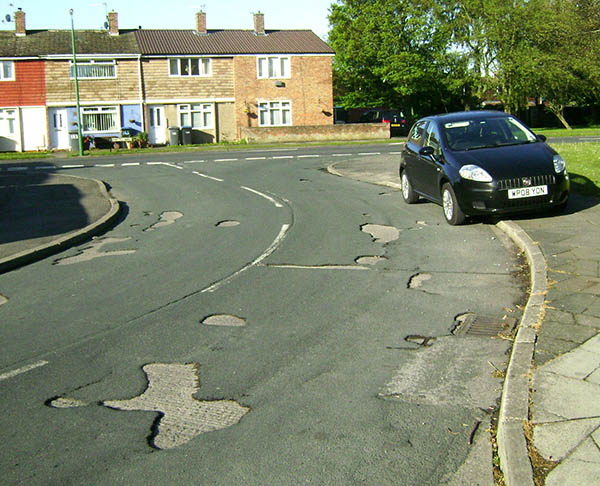Dear Sir
I have some concerns over the Cobblers Hall development which extend to all building projects on wetlands and flood plains. This wetland is now almost impassable on foot in rainy periods and I can see no sense in building houses in such an area.
Planners tell me that water from roads, roofs and impervious surfaces will be directed into new drains, which is fine as far as it goes. But every housing estate brings with it much more.
Proud owners develop their properties with patios, sunhouses, garden sheds, greenhouses and the like and also with people comes a greater use of water for other purposes such as plant care, car washing; water which does not go down the drain. Rarely does positive thinking seem to be applied, or action taken towards draining the remainder of the land, which still remains as original wetland.
There is always the temptation of painting a pretty picture of new home ownership to tempt buyers but so often the reality destroys the expectation. The pleasurable thrill of driving along a new road, to your new drive, outside a new house, walking through your new home can soon take a nosedive when squelching out into a waterlogged back garden.
A home is rather more than simply a house and it’s contents. For all round enjoyment the environment counts, plus perhaps the contentment of having made a wise investment of a very significant sum of money – an ambition to be nurtured not put under stress.
Yet without further attention to drainage back gardens will remain wetlands. Further, there are surrounding areas already built upon at a lower level than the Cobblers Hall site. To use the existing boggy areas to the east of the site as a sump is hardly a long term solution.
Water has a habit of finding it’s own way – downhill – and, unless drained off or properly diverted, it will continue to do so, irrespective of the distances involved. Existing houses can easily be affected unless precautionary measures are put in place. If this is not done at the outset it begs the question who will be liable, not if but when the situation does arise? And later answers are generally inconvenient, usually conflictive and invariably (but always) dearer.
Newton Aycliffe is largely built on a wetland. In the past it had it’s uses – protecting the Aycliffe Angels from German bombers through fog. But times are rather different now and wetlands and bogs are less welcome as places to live.
A surprising number of houses here are already being affected by an increase in unwelcome surface water, principally because the problems have not been forseen and allowed for. It is now virtually undisputed that climate change is already in progress. Our weather is becoming wetter, a trend that is forecast to continue for the foreseeable future. So the situation will only worsen. Today’s convenient solution is unlikely to cover tomorrow’s needs without remedial and preventative action being taken now.
The Politician who blandly agreed to building on wetlands did his Country no favours. It is unsurprising that their function is considered to be as today’s creators of tomorrow’s problems.
With some experience, I have no faith in housebuilding on wetlands. There generally seem to be more losers than winners and our youngsters deserve better than that. If it has to happen here at Cobblers Hall, then so be it, but I sincerely hope the decision makers will consider these observations and make certain adequate precautions are in place to cover more than simply today’s immediate solution.
Name and address supplied









